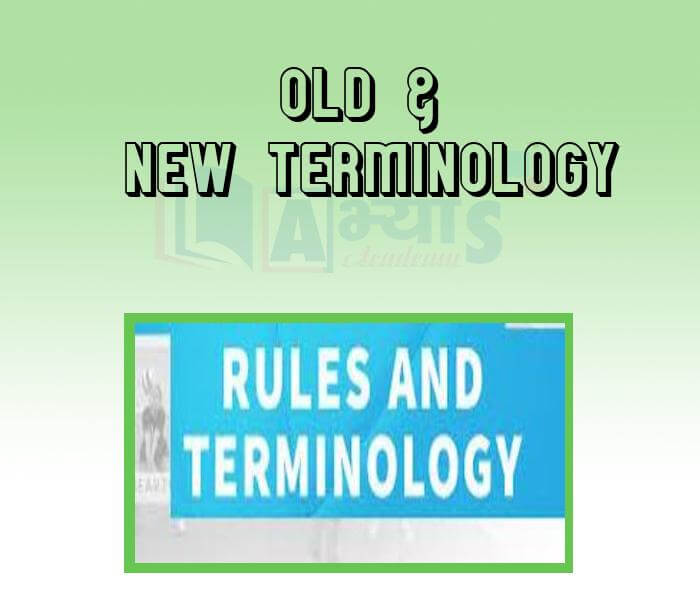New and Old Terminologies









New and Old Terminologies
New and Old Terminologies: Historical records exist in a variety of languages which have changed considerably over the years. Medieval Persian, for example, is different from modern Persian.
Take the term “Hindustan”, for example. Today we understand it as “India”, the modern nation- state. When the term was used in the thirteenth century by Minhaj-I Siraj, a chronicler who wrote in Persian, he meant the areas of Punjab, Haryana and the lands between the Ganga and Yamuna. He used the term in a poliltical sense for lands that were a part of the dominions of the Delhi sultan. The fourteenth- century poet Amir Khusrau used the word “hind”. While the idea of a geographical and cultural entity like “India” did exist, the term “Hindustan” did not carry the political and national meanings which we associate with it today.
Historians today have to be careful about the terms they use because they meant different things in the past. Take, for example, a simple term like “foreigner”. It is used today to mean someone who is not an Indian. In the medieval period a “ foreigner” was any stranger who appeared say in a given village, someone who was not a part of that society or culture. A city- dweller, therefore, might have peasants living in the same village were not foreigners to each other, even though then may have had different religious or caste background.
During the Vedic Age, India was called Sapta Sindhu or the Land of the Seven Rivers. These rivers were the Indus, Jhelum, Chenab, Ravi, Beas, Sutlej and the mythical Saraswati. In Sanskrit, the Persian ‘H’ gets replaced by ‘S’. Thus, ‘Sindhu’ or Hindu was the name for India from very ancient times. The Greeks, called this land Indica. It is most probably from Indica that the subcontinent got its modern name ‘India’.
Students / Parents Reviews [10]
It was a good experience with Abhyas Academy. I even faced problems in starting but slowly and steadily overcomed. Especially reasoning classes helped me a lot.

Cheshta
10thMy experience was very good with Abhyas academy. I am studying here from 6th class and I am satisfied by its results in my life. I improved a lot here ahead of school syllabus.

Ayan Ghosh
8thAbout Abhyas metholodology the teachers are very nice and hardworking toward students.The Centre Head Mrs Anu Sethi is also a brilliant teacher.Abhyas has taught me how to overcome problems and has always taken my doubts and suppoeted me.

Shreya Shrivastava
8thIt has a great methodology. Students here can get analysis to their test quickly.We can learn easily through PPTs and the testing methods are good. We know that where we have to practice

Barkha Arora
10thAbhyas Methodology is very good. It is based on according to student and each child manages accordingly to its properly. Methodology has improved the abilities of students to shine them in future.

Manish Kumar
10thAbhyas is a complete education Institute. Here extreme care is taken by teacher with the help of regular exam. Extra classes also conducted by the institute, if the student is weak.

Om Umang
10thI have spent a wonderful time in Abhyas academy. It has made my reasoning more apt, English more stronger and Maths an interesting subject for me. It has given me a habbit of self studying

Yatharthi Sharma
10thMy experience with Abhyas is very good. I have learnt many things here like vedic maths and reasoning also. Teachers here first take our doubts and then there are assignments to verify our weak points.

Shivam Rana
7thIt was good as the experience because as we had come here we had been improved in a such envirnment created here.Extra is taught which is beneficial for future.

Eshan Arora
8thMy experience with Abhyas academy is very good. I did not think that my every subject coming here will be so strong. The main thing is that the online tests had made me learn here more things.
